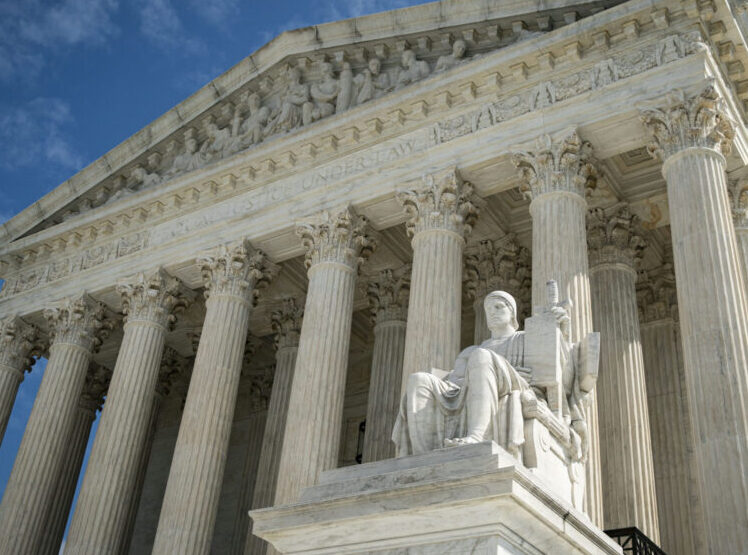Partisan Gridlock Stalls Reform
A series of sports betting scandals involving Major League Baseball and the NBA has pushed federal lawmakers to demand tougher scrutiny of the fast-growing industry. But despite renewed hearings, information requests and calls for national standards, industry advocates say the political environment in Washington makes sweeping reform improbable.
Lawmakers on both sides of the aisle have seized on recent cases — including allegations that Cleveland Guardians pitchers Emmanuel Clase and Luis Ortiz manipulated pitches for betting profits — to argue that the current state-by-state regulatory model leaves gaps in consumer protection and game integrity. Committees in both chambers are now seeking answers from MLB, the NBA and the NCAA. In early December, the Senate Commerce Committee sent MLB Commissioner Rob Manfred a letter outlining six questions and set a deadline for response. The committee warned that the league must show it is meeting its responsibility to safeguard the sport. MLB has said it will cooperate.
The House Energy and Commerce Committee has issued similar requests to NBA Commissioner Adam Silver, and NBA staff have visited Capitol Hill as part of the inquiry. The House committee is also examining recent NCAA betting controversies. These efforts follow a December 2024 Senate Judiciary Committee hearing that devolved into partisan disputes and produced no follow-up session.
| Issue | Congressional Action | Industry Response | Near-term Outlook |
|---|---|---|---|
| Alleged player manipulation (MLB/NBA/NCAA) | Hearings, info requests to leagues; SAFE Bet Act pitched | Operators say regulated books expose schemes; agreed bet caps | Federal reform unlikely due to partisan gridlock; state action more probable |
Industry argues regulated sportsbooks are uncovering misconduct
Sportsbook operators and lobbyists counter that the scandals gaining political attention were exposed because betting is regulated. They argue the legal market has enabled monitoring tools that can detect suspicious patterns and syndicate activity.
“You have a situation where there is interest in the topic and will remain a lot of interest,” said Brandt Iden, vice president of government affairs at Fanatics Betting & Gaming and a former Michigan lawmaker. He said hearings could help educate members of Congress who lack familiarity with how modern sportsbooks operate.
“The reality is these things are uncovered because of the regulated market,” Iden said. “If athletes continue to commit crimes, they’ll be uncovered.” Some regulators are reassessing their rules. The Michigan Gaming Control Board, citing recent incidents, said it is reviewing which wagers should remain available. Executive Director Henry Williams said the system already prioritizes transparency and consumer protection but must maintain “proactive safeguards.”
Major sportsbooks recently agreed to cap pitch-level MLB microbets at $200 after pressure from the league, responding to concerns about prop bets and potential manipulation.
Federal proposals face long odds
In Congress, the leading proposal remains the SAFE Bet Act, backed by Democrats Paul Tonko and Richard Blumenthal. The bill would set national minimum safety standards for sports betting. Both lawmakers have renewed their push, citing the human and financial risks tied to gambling expansion. But few expect the bill — or any related measure — to advance. Congress has shown little appetite to move gambling legislation of any kind, and the current partisan gridlock is a major barrier. When the first NBA betting scandal emerged last month, Congress was in a record-long shutdown.
“We have to put into perspective that we have a Congress that is basically not functional,” one industry source said. “There will be some congressional discussions. What that leads to in terms of federal solution, I think it’s unlikely in the near term.”
The reality is these scandals are uncovered because of the regulated market — not in spite of it.
The Future
State governments appear to be the more immediate arena for change. Ohio Governor Mike DeWine, who signed the state’s sports betting law, recently expressed regret over its passage and said he would sign a repeal bill if the legislature delivered one. Bills to repeal betting laws have surfaced in Maryland and Vermont but have not advanced.
Even with growing public scrutiny, many industry figures say the structure that exists today will remain largely intact. They argue that scandals reflect long-standing behavior that is now being uncovered, not created, by legal sportsbooks.
Iden echoed that view: “Too many lawmakers don’t understand how it works. They see headlines and think there might be something there. But it’s a regulated system that works.” For now, Congress appears poised to continue asking questions. Whether that leads to national standards — or remains symbolic oversight — is far less certain.








